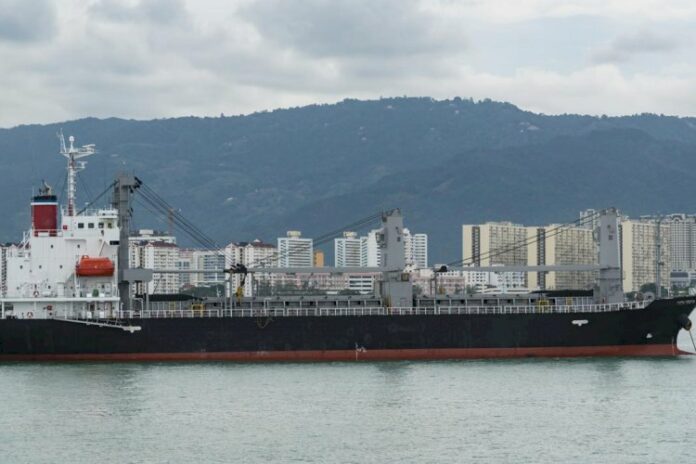BIMCO has published new sanctions clauses for time and voyage charters, with a clause for the containerised trade to follow. Mark Church, who is on both drafting committees, explains the significance of the new clauses.
Recent years have seen an unprecedented use of sanctions against the shipping industry. The impact of violating sanctions can be catastrophic. One important element in any due diligence programme is ensuring that contracts contain clauses that minimise the risk of there being a sanctions issue and set out clearly the position if an issue does arise. When inconsistent or dated clauses are used, the parties may find they are of little assistance or there is uncertainty as to whether they have application.
There are several reasons why the new BIMCO time and voyage sanctions clauses are important.
Firstly, there was previously no BIMCO voyage charter sanctions clause. This led to parties amending (sometimes with unintended consequences) the time charter clause to try to make it apply in a voyage charter context.
Secondly, the new clauses replace both the Sanctions Clause for Time Charter Parties 2010 and the Designated Entities Clause for Charter Parties 2013. When looking at any sanctions issue, it is helpful to consider the “what” and the “who”; both the activity and the parties involved. The previous BIMCO time charter clause focussed on the activity and the Designated Entities clause dealt with party related risks. The new clauses combine both elements and therefore there is no need to include the 2010 or 2013 clauses in new contracts.
Thirdly, the sanctions clauses reflect the changes in the sanctions landscape and the risks (and the severity of those risks; note the rights of cancellation) that parties face in 2020.
Source: North



